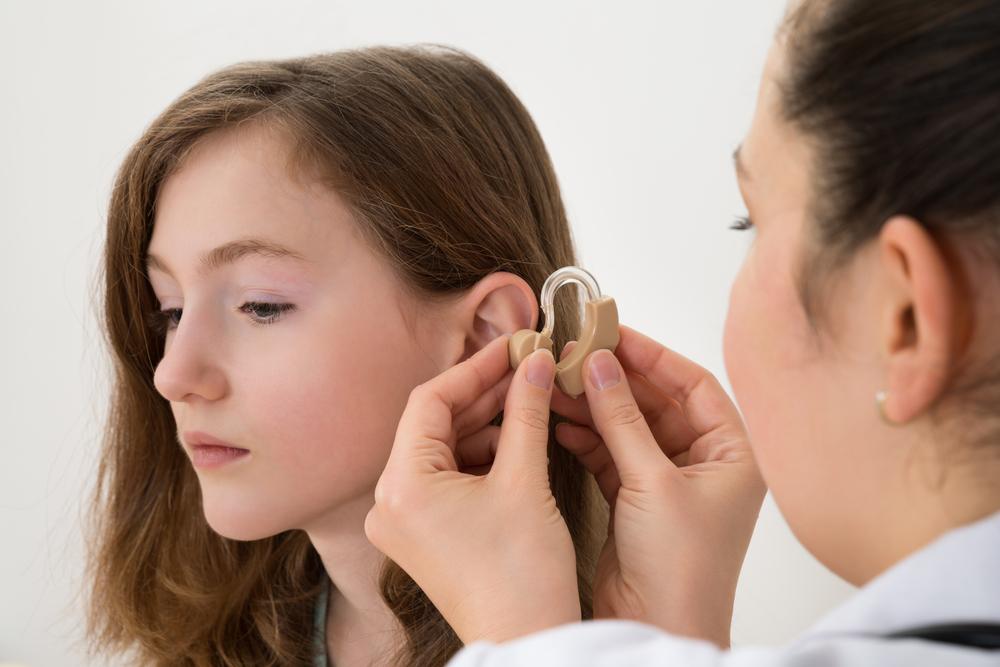Digital Or Analog, Which Is A Better Hearing Aid
Hearing aids have massively evolved in the past few decades. They have charted new territories in the areas of technology as well as creativity. Today, you can find several types of hearing aids with exceptional features that hardly existed before, like in the ear, completely in the canal, etc. These mostly differ in design, technology, and additional features.
Initially, analog was the only technology that was available in the hearing aids.

Both have a similar structure of application. For instance, analog and digital hearing aids have a microphone, an amplifier, a speaker, and a battery. If one were to scrutinize the difference between these both, it’s quite simple. Analog hearing aids capture sounds with the help of the microphone. Then the amplifier enhances the sounds by making them louder than usual and then transports it to the speaker so that the individual can hear it clearly.
Digital hearing aids, on the other hand, converts the sound waves into digital information, which further manipulates the sounds. This enhances the listening experience as the background noises are automatically reduced.
In an analog hearing aid, you might listen to elevated background sounds, but the amplification of the sound will be higher than that of a digital hearing aid. There are some analog hearing aids which are programmable and have buttons that can be manually handled to adjust the speaker settings according to the type of environment.
If you are wondering which type of hearing aid is ideal for use, there is no straight solution to that. This is because every patient has different needs and problems. Your audiologist will be able to give you the best advice depending on the severity of the case, preferences, and cost.
Tag – types of hearing aids




